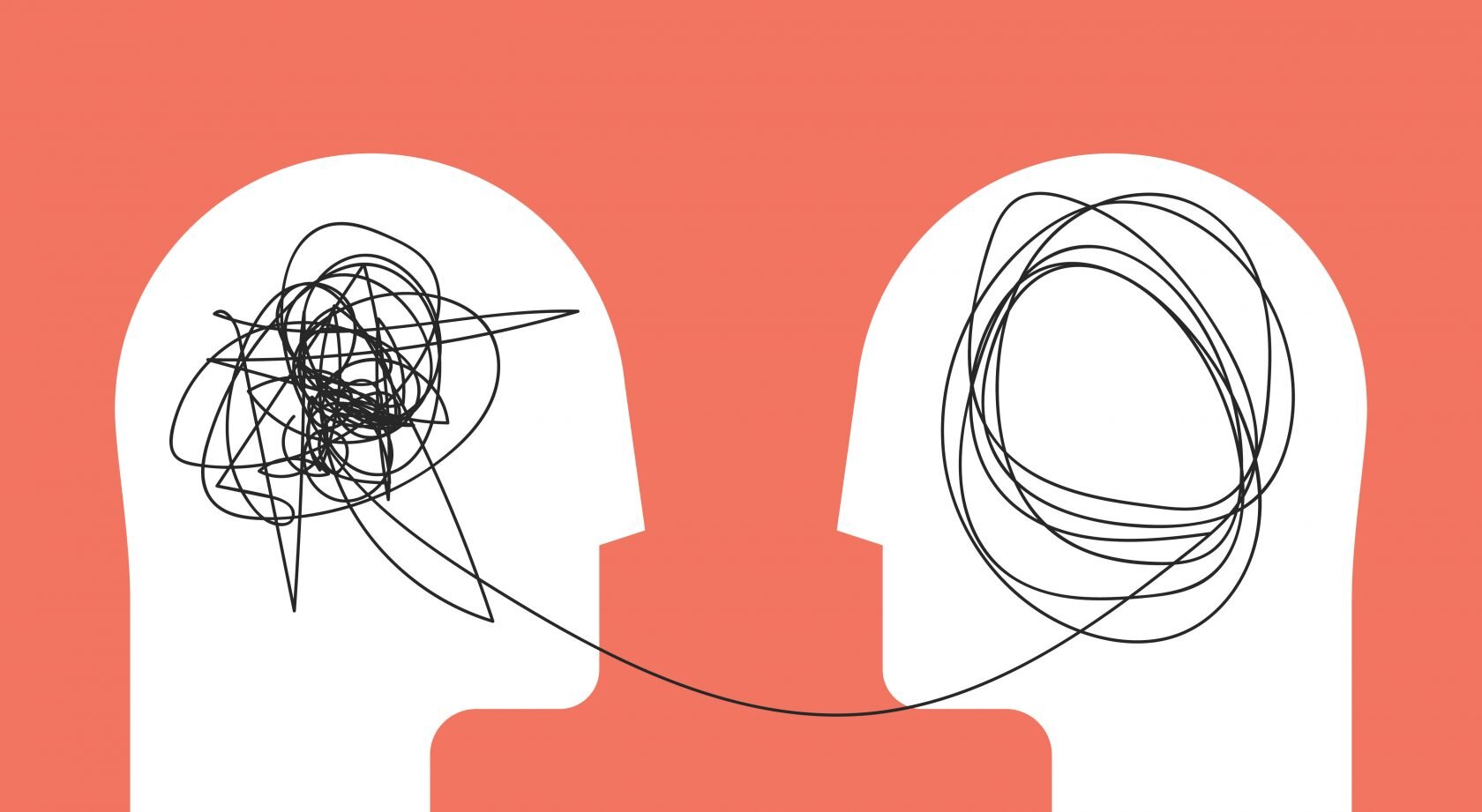Stop, Drop and Listen
Every day, our five senses are bombarded with input. Sights, sounds, smells, tastes and tactile sensations from the moment our alarm blares in the morning until the moment we feel our soft pillow under our head at night.
But let me ask you a question - how many of these sensory experiences are you actually… experiencing? I mean, yes you tasted your breakfast, heard the radio and saw that the light was red, but… how much of that are you actually, fully taking in. A lot of what we sense, we do so in so far as it meets our current situation and needs. But once we are done with that need, once that circumstance is complete, so is the sensory experience.
Of all of our five senses, the one where this seems to make the most noticeable impact is when it comes to listening.
For starters, let’s briefly explore the difference between hearing and listening. While many use the words interchangeably, they actually mean two very different things. Hearing is what is involved in the physiological act of taking in sounds - for most people, this is an incidental and effortless byproduct of having functional ears. Listening, on the other hand, is what I want to call attention to today. Listening is a voluntary, intentional and focused act that requires our active attention and consideration. It involves processing the information that we have heard - and, for the sake of our discussion, can also expand to the processing of information taken in by our other senses as well.
Confused as to how we can “listen” to our other senses?
Stick with me.
For so many of us, in a world with so many sensory inputs coming at us, we have become accustomed to paying attention with the sole intention of determining what our response needs to be. This is most notable when we talk about listening. Most people in conversations with others are not listening to the other for the purpose of understanding - they are listening to determine their response. People hear the words, stories and accounts of their friends, family members and peers and listen only to the point of figuring out what their next contribution to the conversation should be. And while give and take is integral to any successful conversation, listening merely to be able to talk removes one key benefit of communication: connection.
When we adjust our intention and start actively listening to those around us, it enhances our capacity to understand, care for, empathize with and ultimately connect with others - and ourselves. When we listen actively, we learn, we grow and we become more compassionate humans.
And this is not limited to our intention when listening to others, which is where our other senses come into play.
We can experience the same learning and growth by listening to ourselves. Every day, each sensory experience teaches us something. From the time we were babies, we used our senses to learn about the world around us - what is food and what isn’t, falling hurts - try not to do it, etc. Our five senses helped us to stay safe and to determine our preferences in all areas of life - art, music, food, clothing and much more.
Somewhere along the line, though, as we grew through childhood, into adolescence and into adulthood, we began to stop trusting our own senses. Whether it is a result of societal pressure or peer pressure, we began to doubt the validity of our own thoughts, opinions and sensory experiences.
Imagine, then, how powerful it could be to reconnect with ourselves through actively listening to our senses the way we can connect with our loved ones through actively listening to their words.
So here is your challenge. Throughout the day, take moments to actively engage with your experiences - slow down and focus on what it is you are doing. Take a break from multitasking and doing things for the sake of generalized expectations and give yourself permission to really take in the messages that your body is sending you. Allow yourself to be immersed in sensory experiences and listen to how your body responds to them - without expectation, without preconceived notions and without judgment.
I think you will be amazed at what you learn - about yourself and about the world around you.


